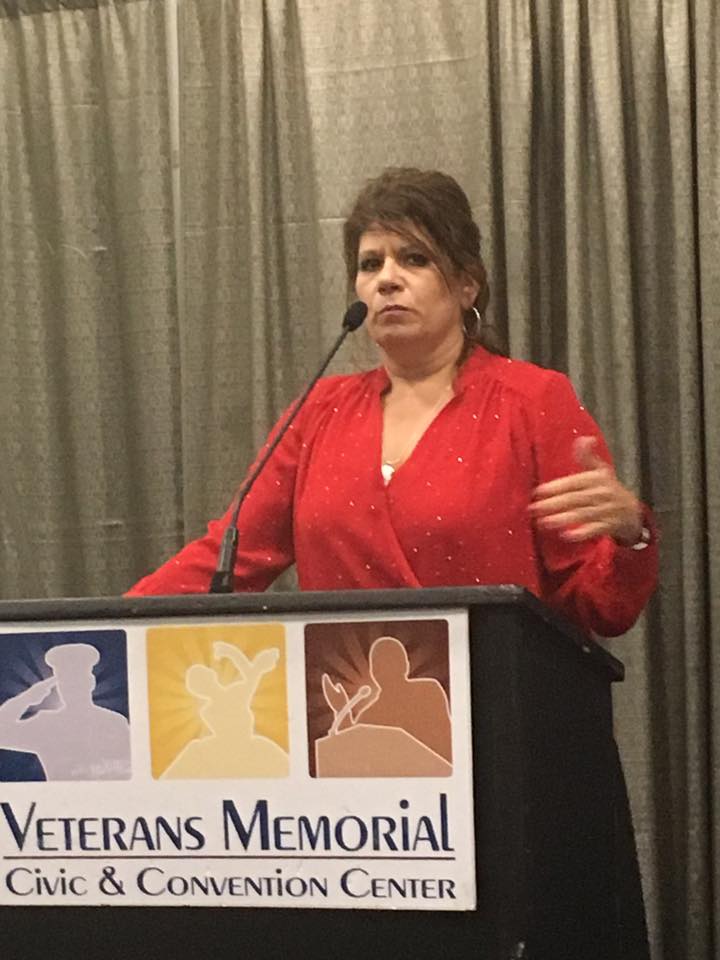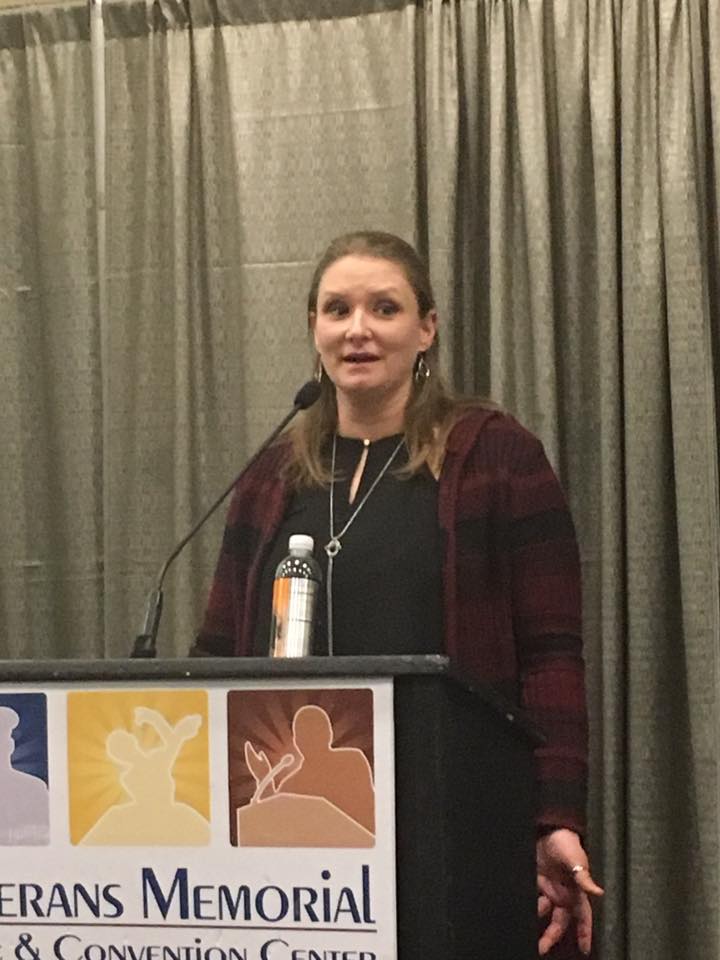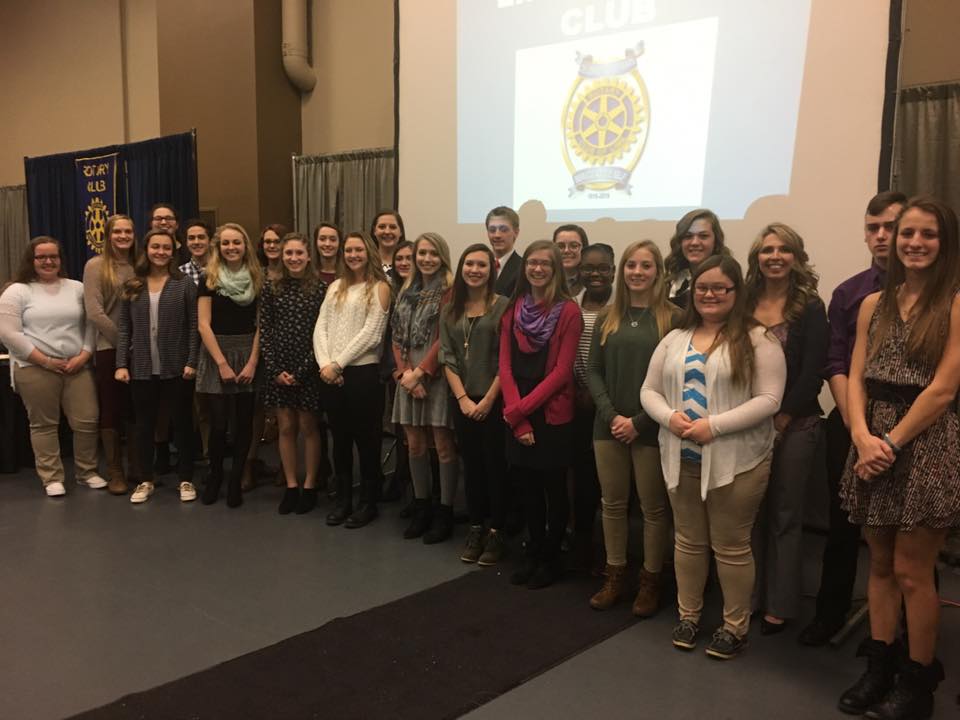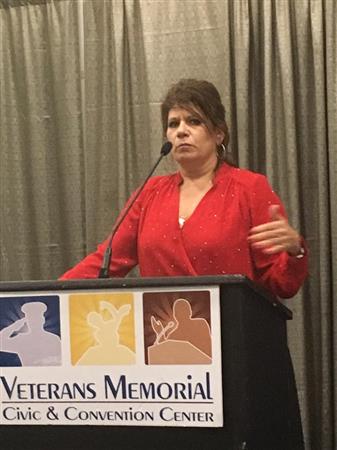The Scoop - January 30, 2017
Posted by Heather Rutz on Jan 31, 2017
Community can do more to battle opiate epidemic.
A much larger and broader community response will be required to combat the opiate addiction epidemic gripping Allen County and many other communities, a top community mental health office told Rotary Monday.
Allen County already has all of the things the U.S. Surgeon General says are needed to respond to the opiate and heroin crisis, said Tammie Colon, Coleman Professional Services’ chief officer for behavioral health services in Allen, Auglaize, Hardin Counties. Coleman is the primary contracted provider for the Mental Health and Recovery Services Board of Allen, Auglaize, and Hardin Counties.
That Surgeon General list is: a crisis center, available medically assisted treatment, outpatient services, peer support, case management, and access to detox support. And still, last year in Allen County 29 people died as a result of drug overdose and in the past month, 41 people in Allen County were treated for an overdose, including a dozen in a single night, Colon said.
Heroin’s grip is such that by a third use a person is addicted and using, not to get high, but to not feel sick, Colon said. Without the drug, people vomit and shake.
Allen County already has all of the things the U.S. Surgeon General says are needed to respond to the opiate and heroin crisis, said Tammie Colon, Coleman Professional Services’ chief officer for behavioral health services in Allen, Auglaize, Hardin Counties. Coleman is the primary contracted provider for the Mental Health and Recovery Services Board of Allen, Auglaize, and Hardin Counties.
That Surgeon General list is: a crisis center, available medically assisted treatment, outpatient services, peer support, case management, and access to detox support. And still, last year in Allen County 29 people died as a result of drug overdose and in the past month, 41 people in Allen County were treated for an overdose, including a dozen in a single night, Colon said.
Heroin’s grip is such that by a third use a person is addicted and using, not to get high, but to not feel sick, Colon said. Without the drug, people vomit and shake.
Part of the reason for overdose is that dealers are “poisoning” heroin with fentanyl, Colon said.
“People are alone and in dark corners of the community; they’re a lot of danger to themselves,” Colon said. “This is not a party ride they’re on.”
The first step to an improved community response is to stop judging and start helping, Colon said. When asked what would help, Colon challenged the room and said employing people in recovery, even those with felony records, because a steady job is a major help to keeping recovering addicts on a very difficult path. Coleman and the mental health board can work with employers to put safeguards in place, she said.
Colon brought with her a ray of hope, and an example of someone who is now clean after overcoming abuse in her childhood and resulting mental illness that she tried to treat with drugs and alcohol. Sara Hollar was in her first day as a peer recovery coach for Coleman when she spoke to Rotary, telling a story of losing and regaining custody of her children, multiple prison sentences and a chance to get well and help people.
The last time she was in prison, she was able to become healthy and when she was released in 2014 through re-entry court, Coleman was there with supports she hadn’t had previously, Hollar said.
“I’m hitting the ground running,” Hollar said, laughing. “Every day I get better and better because I’m doing the right things.”
In other Rotary business Monday:
The club hosted the Bath High School Interact Club and recognized them with pins presented by Bath Fire Chief Joe Kitchen. The club has been very active with service and leadership projects since forming in the fall.
The club recognized birthdays and anniversaries, including a club anniversary of 42 years for Otto Bollenbacher.
“People are alone and in dark corners of the community; they’re a lot of danger to themselves,” Colon said. “This is not a party ride they’re on.”
The first step to an improved community response is to stop judging and start helping, Colon said. When asked what would help, Colon challenged the room and said employing people in recovery, even those with felony records, because a steady job is a major help to keeping recovering addicts on a very difficult path. Coleman and the mental health board can work with employers to put safeguards in place, she said.
Colon brought with her a ray of hope, and an example of someone who is now clean after overcoming abuse in her childhood and resulting mental illness that she tried to treat with drugs and alcohol. Sara Hollar was in her first day as a peer recovery coach for Coleman when she spoke to Rotary, telling a story of losing and regaining custody of her children, multiple prison sentences and a chance to get well and help people.
The last time she was in prison, she was able to become healthy and when she was released in 2014 through re-entry court, Coleman was there with supports she hadn’t had previously, Hollar said.
“I’m hitting the ground running,” Hollar said, laughing. “Every day I get better and better because I’m doing the right things.”
In other Rotary business Monday:
The club hosted the Bath High School Interact Club and recognized them with pins presented by Bath Fire Chief Joe Kitchen. The club has been very active with service and leadership projects since forming in the fall.
The club recognized birthdays and anniversaries, including a club anniversary of 42 years for Otto Bollenbacher.



